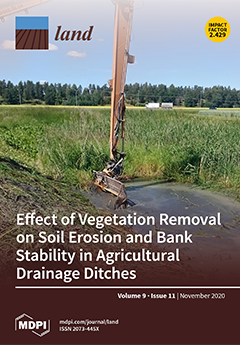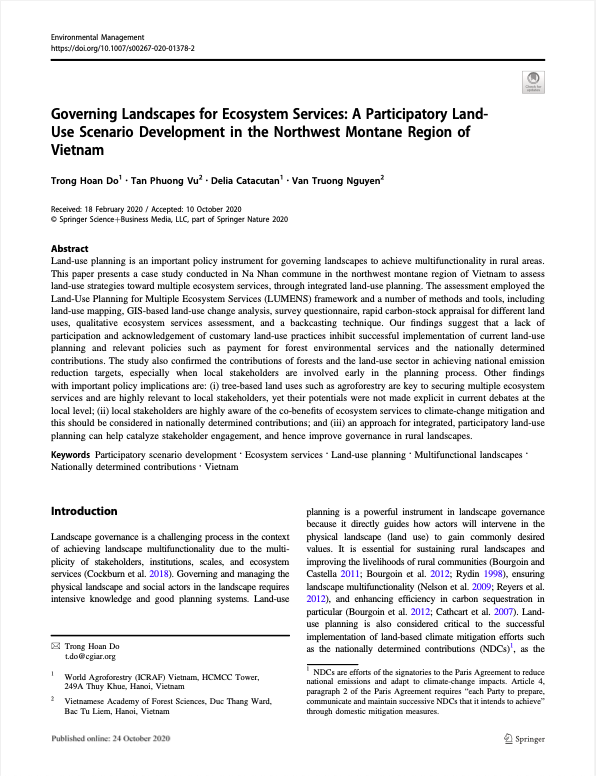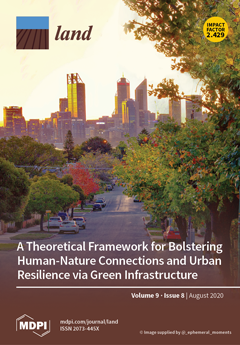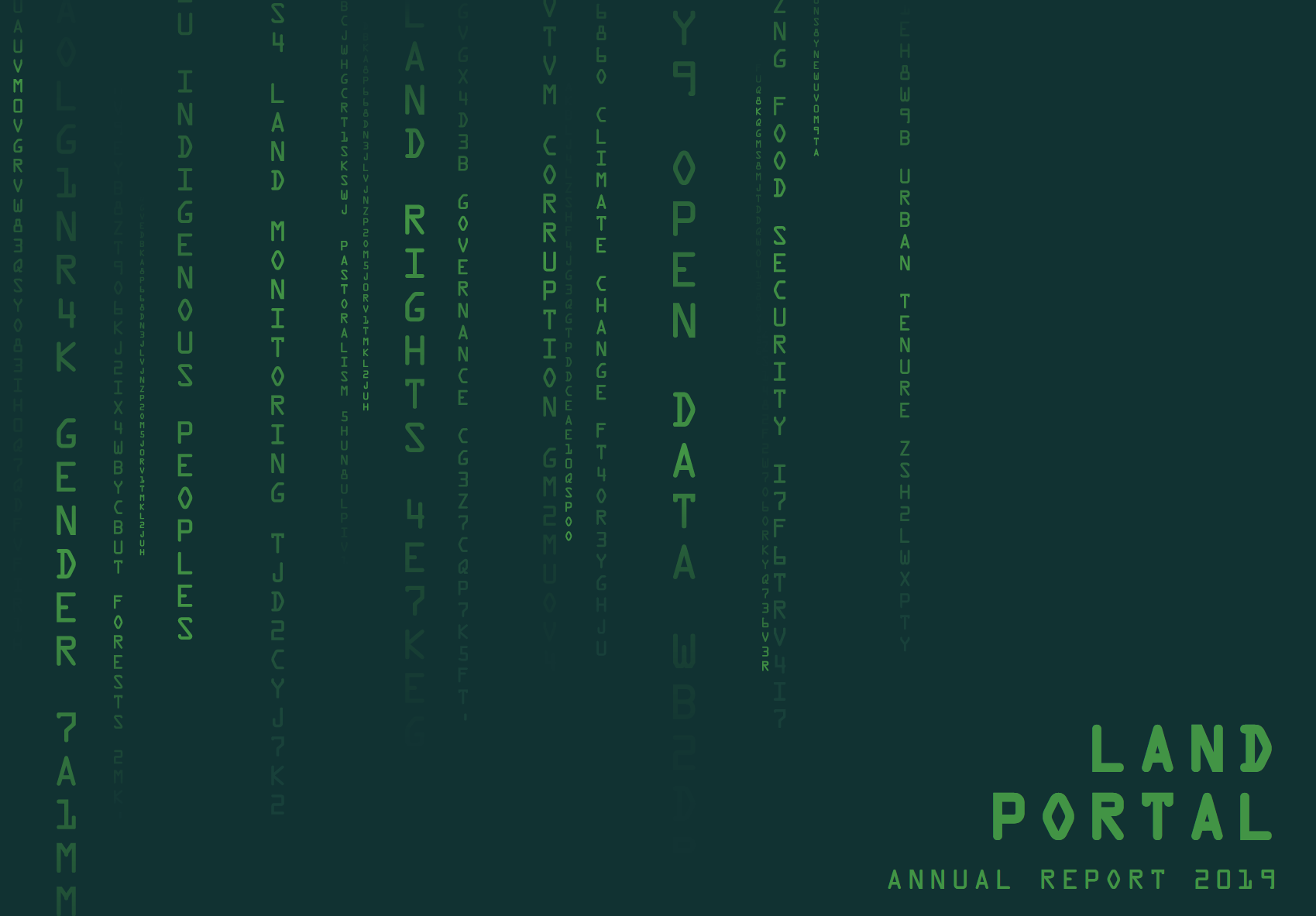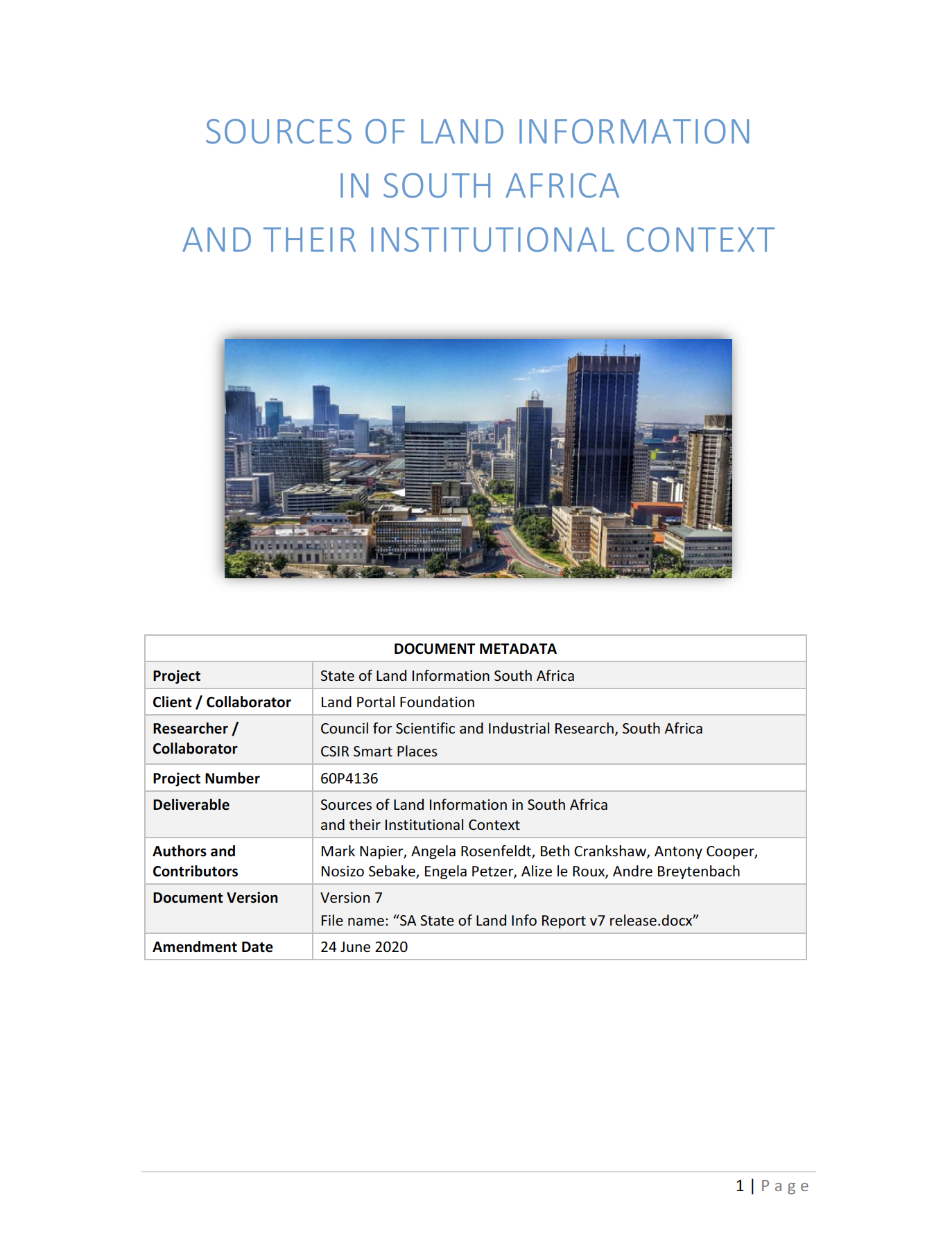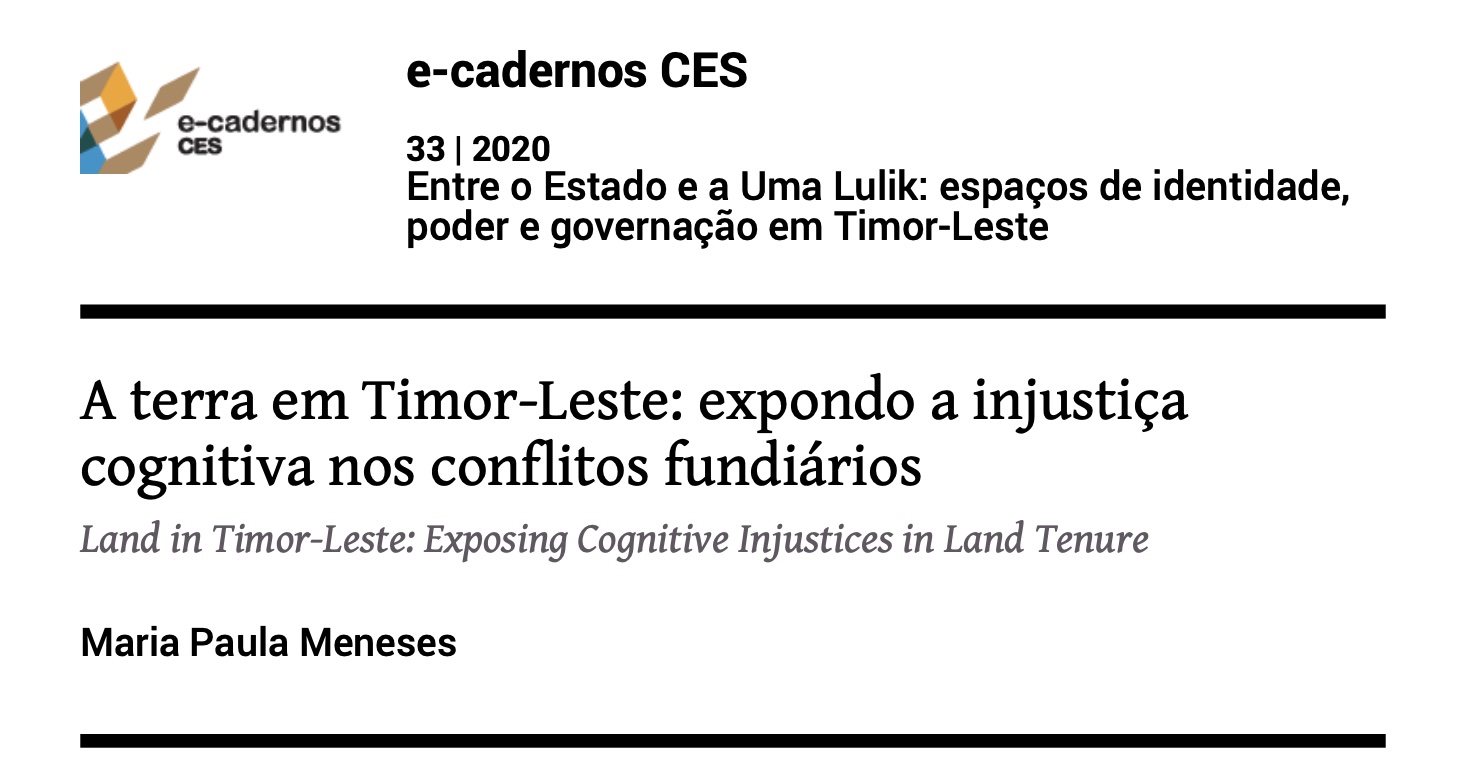State-Customary Interactions and Agrarian Change in Ghana. The Case of Nkoranza Traditional Area
While agrarian change has been a recurrent theme in Ghana’s endeavor for economic development, questions on how land resources should be managed to ensure prompt attainment of economic growth remain unanswered. In Ghana, land is controlled by customary actors, while the state is the custodian of agricultural policies. The need for interaction between the two actors to ensure that the envisioned economic gains from agriculture are attained is paramount.

